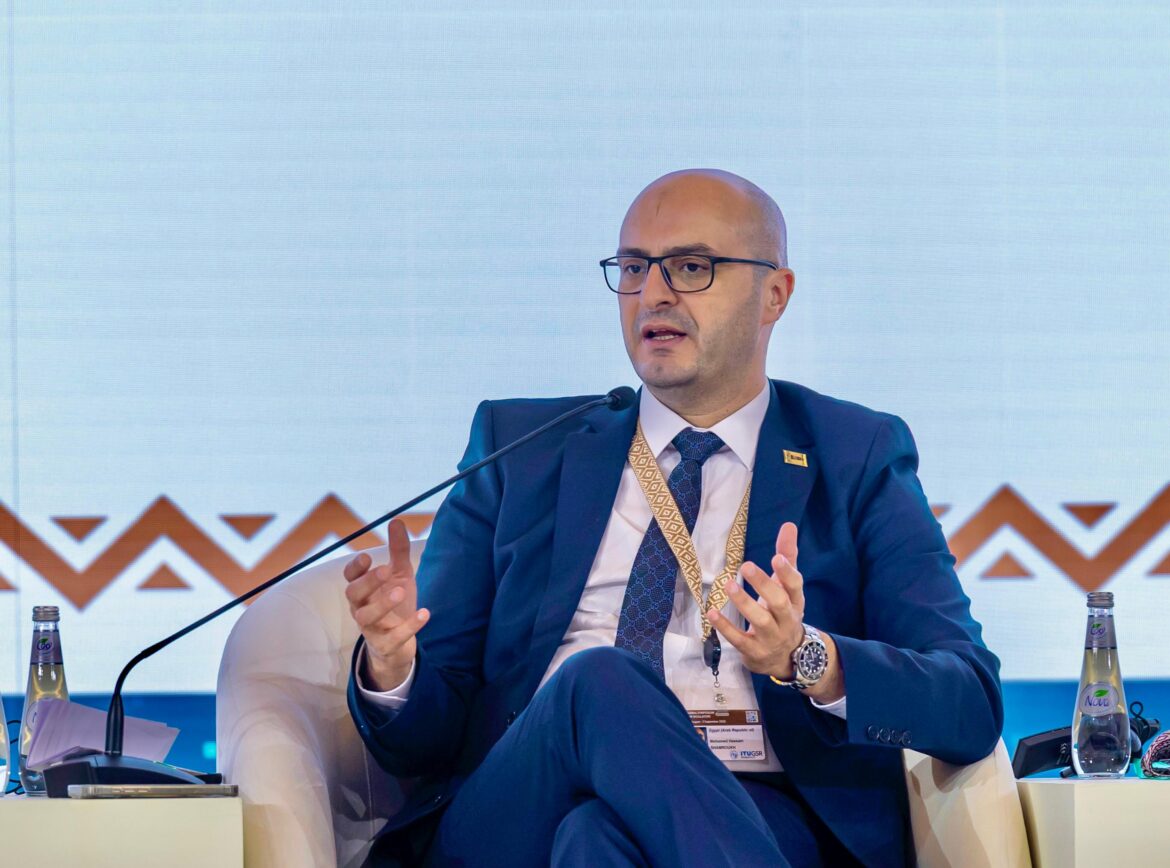As part of the state’s commitment to empowering persons with disabilities and integrating them into the digital society, the National Telecommunications Regulatory Authority and the National Council for Persons with Disabilities signed a cooperation protocol aimed at activating joint mechanisms to improve the services provided to them in the Egyptian telecommunications market.
The protocol was signed by Eng. Mohamed Shamroukh, CEO of the National Telecommunications Regulatory Authority, and Dr. Iman Karim, General Supervisor of the National Council for Persons with Disabilities. The protocol includes strengthening cooperation between the two sides through the exchange of experiences and coordination to make telecommunications services available to persons with disabilities in accordance with the latest international standards to achieve their full integration into the digital society, launching joint awareness campaigns and workshops, in addition to establishing an effective mechanism for dealing with complaints related to various types of disabilities, especially hearing and visual disabilities, in order to ensure the improvement and diversification of services in line with the Egyptian state’s vision.
Engineer Mohamed Shamroukh emphasised that the signing of this protocol represents a pivotal step in the process of integrating and empowering people with disabilities within the digital society, explaining that the agency is working to employ the latest technological solutions and adopt innovative initiatives to ensure that services are available to all segments of society without discrimination. He added that this cooperation opens the door to the development of quality services tailored to persons with disabilities as an integral part of the fabric of Egyptian society, including enhancing access to information and communication technology, expanding effective communication channels, and creating an inclusive digital environment in line with state policies and Egypt’s Vision 2030, as well as moving towards adopting international best practices and the recommendations of the International Telecommunication Union to achieve full parity in access to digital services.
Engineer Mohamed Shamroukh added that empowering people with disabilities is not just a humanitarian duty, but also a vital economic and social necessity, as they represent a large segment of society with enormous human resources and energies that can contribute effectively to various aspects of the state’s sustainable development plans. Integrating them into the labour market and various sectors increases the state’s productivity and economic growth rates. The more opportunities they have for education, employment and innovation, the more society can benefit from their unique skills and abilities, leading to a more dynamic and inclusive society. Of course, communications and information technology services are one of the most important pillars on which no one can develop their skills without relying on them.
For her part, Dr. Iman Karim emphasised that the Council, as the national body responsible for monitoring and coordinating efforts related to disability issues and proposing policies and legislation that support the rights of persons with disabilities, places a high priority on strengthening partnerships with various stakeholders. She noted that the signing of this protocol comes within the framework of the state and the Council’s keenness to empower persons with disabilities and guarantee their right to access communications and information technology services, and to provide services and assistive devices, including technological services that help them participate in society,


